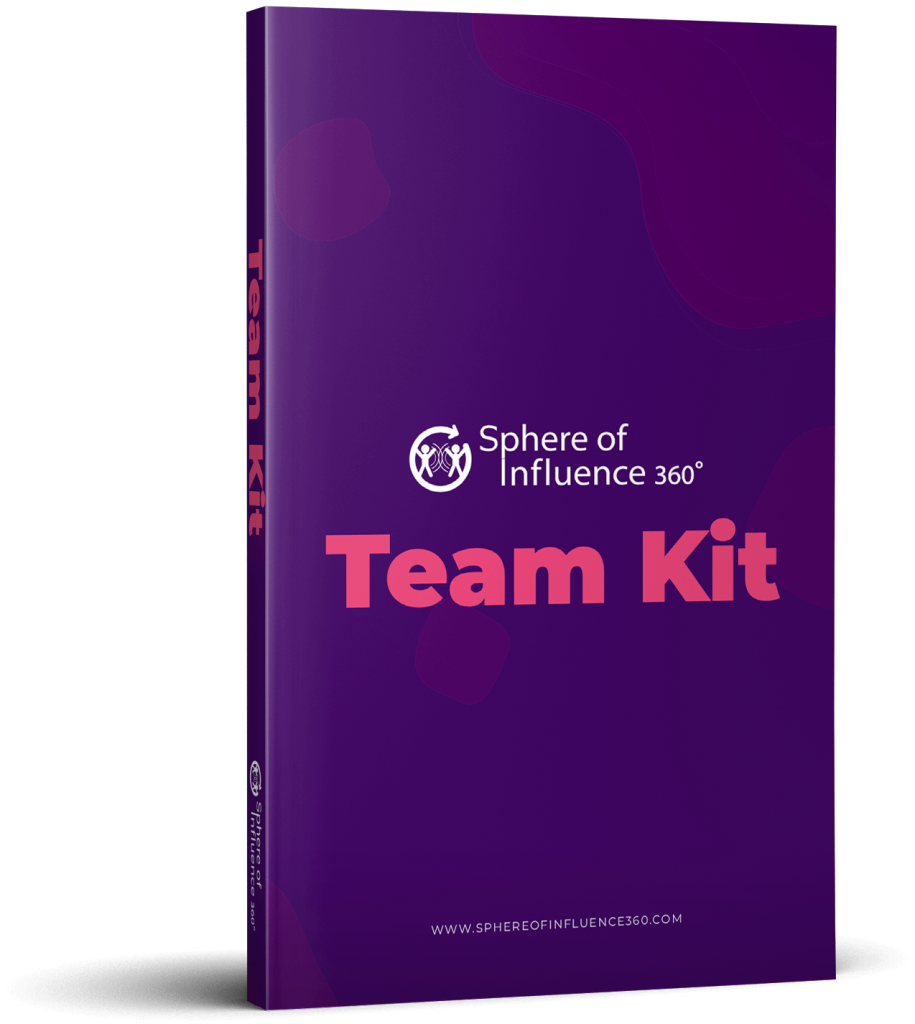Have you ever hesitated about accepting a colleague’s help when the stakes were high? Perhaps you didn’t think they’d do a good enough job or finish their share of the work on time.
Or have you felt reluctant to share all the details of your past work experience when you’re being interviewed for a brand new role?
It might not make much sense initially, but stress and worry can sometimes make us feel and think a little differently. Feeling distrustful of others is one sign that we may be under pressure.
What Does It Look Like?
It’s very natural to have misgivings, suspicions, or feel uneasy about situations in daily life. Distrust is a survival instinct, after all, and it helps us avoid unnecessary risks!
To give you a little background, a few factors underpin “everyday trust,” the kind of assuredness or comfort level that we experience when walking past strangers on the street:
- How familiar we are with people or situations
- Our natural predispositions (our personality)
- How confident we are in specific information or facts.
Walking in a foreign country is a perfect example of what happens when one of these factors is different. We’re unfamiliar with our surroundings or those around us, so it’s natural to feel a little uneasy. (Wouldn’t you hold your wallet a little tighter?)
Other signs of distrust include:
- Self-doubt
- Avoidance behavior (avoiding situations or people)
- Withdrawing or keeping yourself to yourself (not wanting to open up)
- Feeling suspicious of others
- Doubting their sincerity or motives.
Now let’s consider the internal factors that can lead to a lack of trust.
Why Stress Makes Us Afraid To Trust Others
We tend to find it more challenging to trust others when we are under pressure—it all comes down to brain chemistry.
Our brains are constantly releasing hormones, one of which is oxytocin. In a neuroscientific study, researchers administered a dose of synthetic oxytocin to one sample of participants and a placebo to a second. They then observed the participants’ “trusting behaviors,” looking specifically at how much money they sent to a stranger. Those that received a higher level of oxytocin (24 IU) sent more than twice the amount of money, and that this was not due to incidental factors such as neural disinhibition.
We can reasonably conclude, therefore, that oxytocin is linked to trusting behavior. Because high stress levels can seriously affect the action of oxytocin, it only makes sense that we tend to become more distrustful.
Most people already realize that they interact less effectively with others when they’re tense or under pressure—although they may not chalk it up to high stress levels. This is why I created the Distrusting Others Stress Coaching Card and researched the tips below.
3 Tips to Manage Distrust
Realizing that you have no (rational) reason to distrust others is a great start to overcoming this symptom of stress. Here are three things you can do when that happens.
1. Validate Your Feelings
Fact-checking your suspicious thoughts and feelings can be an effective way to overcome your fear of trusting others. The first step is to acknowledge what you’re feeling; then, you can start exploring them a little deeper by listing the reasons why you distrust someone.
Are your justifications logical, with a factual basis?
This exercise can help you realize that you control your trust, and it’s up to you whether you let paranoia, doubt, and questioning dictate your behavior. Here are some tips to help you:
- Ask yourself the following: what might the other person do to increase your faith in them? While their actions aren’t quite within your locus of control, thinking about this alone might give you some perspective.
- Consider writing your distrustful thoughts in a journal. This can help you identify any cognitive or emotional trends related to your experience and express your feelings in a healthy way.
2. Change Your Mindset
When your brain is full of reasons why you shouldn’t trust others, it’s often a good idea to consciously consider the other side of the equation.
Try coming up with reasons why you can trust this person.
Why do others trust them?
What happened when you trusted them in the past?
Unicorn Sliding Down A Rainbow is one helpful mindfulness exercise I found to help you with this. It involves making a committed effort to find the best in the other person—their “inner unicorn.”
Instead of thinking about why you might not trust them, consider the following: What makes them magical, interesting, or special?
Trying to identify everyone’s “unicorn” qualities shifts your focus to the other person and helps you become more aware of their positive attributes. It’s an effective way to think less about your distrust and focus on their good side.
3. Raise Your Trust Hormone Levels
As we’ve seen, research suggests that the hormone oxytocin plays an important role in social attachment, affiliation, and trusting behavior. Raising your oxytocin levels may therefore be helpful when you want to feel less distrustful.
You can achieve this by practicing mindfulness. This means trying to be more present in the current moment, observing it objectively rather than letting your assumptions get the better of your emotions.
The following are a few effective ways to be more mindful:
- Listen to calming music or sing – relaxing audio can stimulate oxytocin release, as can singing along to your favorite song.
- Hug someone you care about – positive physical contact is another way to alter your brain chemistry positively.
- Exercise – take a walk in nature or play a sport you love.

